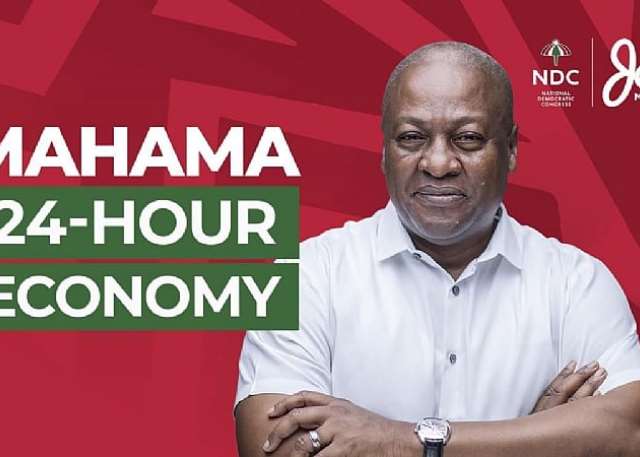
President John Mahama has highlighted major strides in delivering his administration’s ambitious 24-hour economy policy, marking a strong start just 120 days into his term.
A flagship promise during his campaign, the policy is now well into its implementation phase.
“We’ve hit the ground running,” Mahama affirmed. “We pledged to begin legal groundwork and start implementation within 120 days—and we’ve met that target.”
Key legal revisions to the Ghana Investment Promotion Center Act and the Labor Act have been greenlit by Cabinet, aimed at strengthening labor protections, improving the business climate, and ensuring smoother industrial relations under the new round-the-clock economy.
Government institutions are already embracing the shift. The Ghana Investment Promotion Center has introduced 24-hour premium services to eliminate investment delays. The Ministry of Foreign Affairs now offers all-day passport services, while the DVLA has used extended working hours to clear an 18-month license backlog.
On the employment front, the policy is creating real opportunities. Mahama revealed that the Youth Employment Agency is preparing to roll out the “Graduates in Corporate Support” initiative, aiming to place 20,000 graduates in businesses operating around the clock.
Security enhancements are also in motion. A dedicated 24-hour police unit is being established, focused on night patrols and bolstered by modern technology.
To encourage business participation, energy incentives are being introduced. The Ministry of Energy is working with the PURC on implementing smart meters with time-based tariffs, offering reduced rates during off-peak hours to incentivize nighttime operations.
Interest from the private sector is already strong. “Many businesses are eager to join the 24-hour model,” Mahama said, emphasizing that the initiative is opening new doors for job creation and private sector growth.
Looking ahead, the President sees the policy as a catalyst for deep structural change across critical sectors like agriculture, manufacturing, and tourism.



